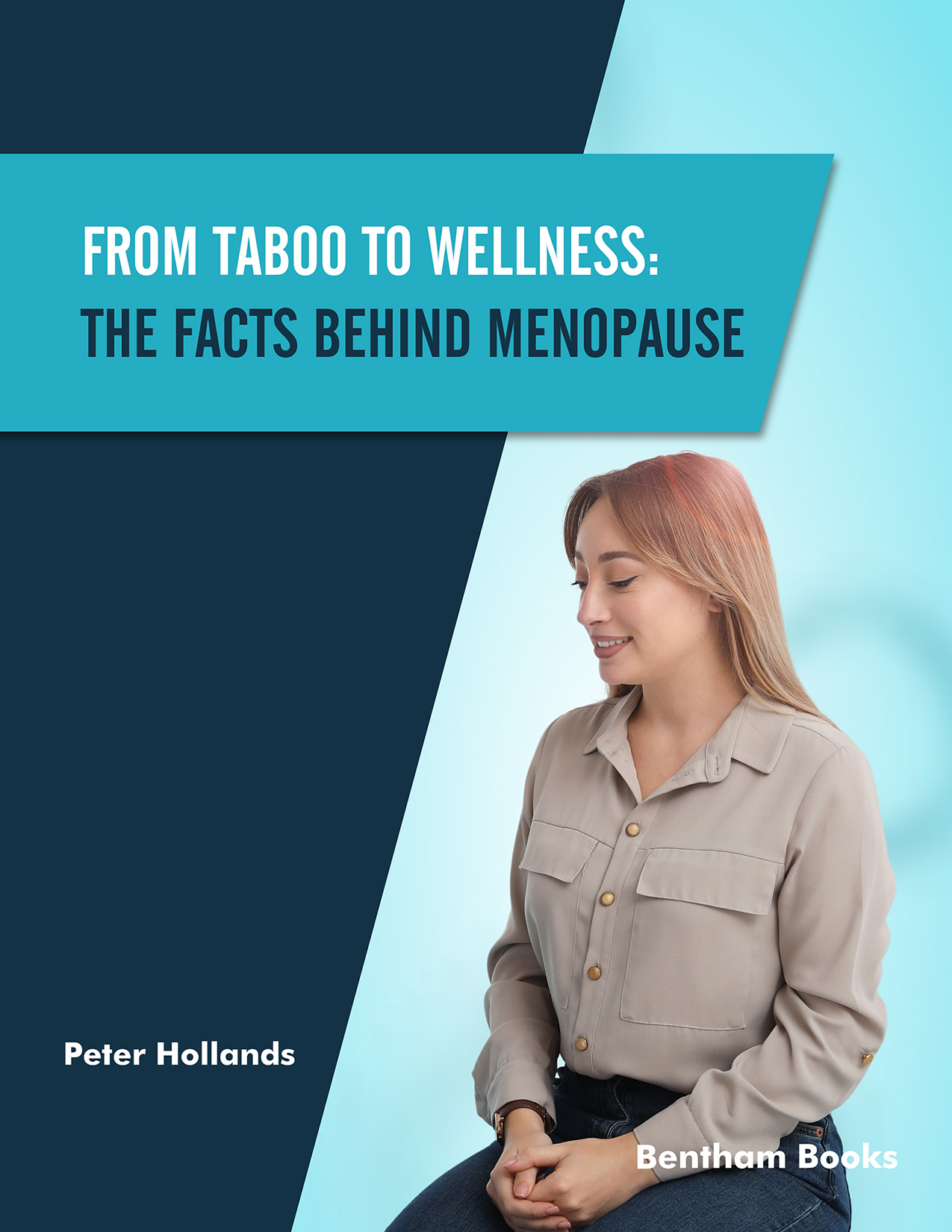This book is inspired by my own experiences as a Clinical Embryologist helping patients through fertility treatments and as a Clinical Scientist helping patients through treatment using stem cell technology for various diseases. This book is not easy to read in many places. I do not apologise for this because to understand and cope with anything properly, the hard facts must be known, understood and accepted. This book is neither complicated nor does it use terminology which is unknown to the reader (there is also a comprehensive glossary). The book is tough to read because you may see statements and ideas which really hit home, and we all feel this at some point in our lives. Try to stick with it, it might be tough and even upsetting, but afterwards, you will hopefully feel empowered to manage your menopause and feel better. The more you learn, the more you can be pro-active in the treatment and management of your menopause instead of remaining a ‘victim’ of it.
The purpose of the ‘Medicine Demystified’ series of books (a total of 10 books) is to take difficult or complex areas of medicine and to provide clear, unambiguous and factual information on these subjects. Most patients feel vulnerable and frightened at some point in their medical treatment (whatever that might be) and are often ‘too scared’ to ask vital questions. If patients have a better understanding and can ask the right questions to the right people at the right time, then a lot of anxiety, stress and worry will be taken away. This ‘empowerment’ of patients is extremely important to me, and I have worked to achieve it throughout my whole career. A domineering ‘don’t ask me’ healthcare professional is neither useful nor effective. We all know that many healthcare professionals operate under enormous stress. Despite this, a few moments taken to actually listen to the patient can be priceless to the eventual outcome for that patient.
My own experience in menopause comes not only from family members (I am sure that everyone knows someone who has been through menopause) but also from the thousands of fertility patients I have seen over the years. Fertility patients often first appear for treatment at fertility clinics when they are, in fact, starting, or even well into, the perimenopause. This is a ‘double stress’ situation. Not only are the patients dealing with perimenopause, but they are also dealing with the fact that their fertility is rapidly declining, and their chances of success with fertility treatment are declining by the day. There are two problems that result in this common situation:
1. Poor education about the perimenopause/menopause and its’ implications
2. Poor understanding about the ongoing decline in female fertility with age and to the limits of current fertility treatments.
This book deals with problem number 1, and my second book in this series, ‘The Fertility Promise, ’ deals with every aspect of infertility and fertility treatment.
I have tried to be as factual, understanding, supportive and compassionate as possible throughout this book. I have talked about ‘routine’ matters relating to menopause and exciting, cutting-edge ideas which could one day even delay or ‘reverse’ menopause. I hope that you find the book useful, empowering, and most of all, enjoyable.
CONSENT FOR PUBLICATION
Not applicable.
CONFLICT OF INTEREST
The author declares no conflict of interest, financial or otherwise.
ACKNOWLEDGEMENT
Declared none.
Peter Hollands
Freelance Consultant Clinical Scientist
Huntingdon, Cambs PE261LB
UK

